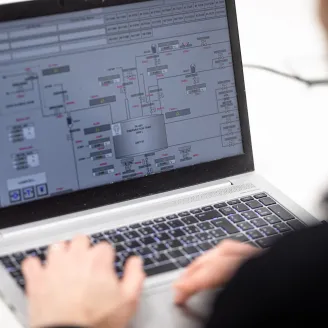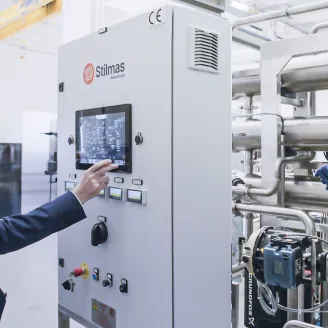From Risk to Readiness: Tackling HMI Obsolescence
To address the risks associated with aging operator panels in pharmaceutical manufacturing environments, MGA was tasked with assessing the customer’s entire Siemens HMI fleet and defining a strategy to manage obsolescence. The objective was clear: to identify outdated technologies that could compromise production, and to plan a phased migration that would ensure long-term reliability.
MGA’s team approached the challenge with a structured and risk-based method, starting with the mapping of every installed panel and its corresponding technology generation—whether ProTool, Flexible, Comfort, or Unified.
Each model was then verified against Siemens' official Product Lifecycle Management status to determine whether it had entered phase-out or had already been discontinued. This allowed MGA to quantify the operational risks associated with obsolete units, particularly those that could no longer be supported, patched, or replaced in case of failure.
The final step involved designing a migration roadmap that prioritized the most critical upgrades without disrupting production or exceeding budget constraints. Through this approach, MGA enabled the customer to move forward with a future-ready solution that balanced compliance, performance, and efficiency.
Beyond HMI: Full Lifecycle Support
While this project focused specifically on HMI obsolescence, MGA applies the same structured, forward-looking approach to all components within its automation portfolio. From controllers to SCADA systems, our team supports pharmaceutical clients in managing lifecycle risks, ensuring long-term reliability, compliance, and performance across the entire automation architecture.


